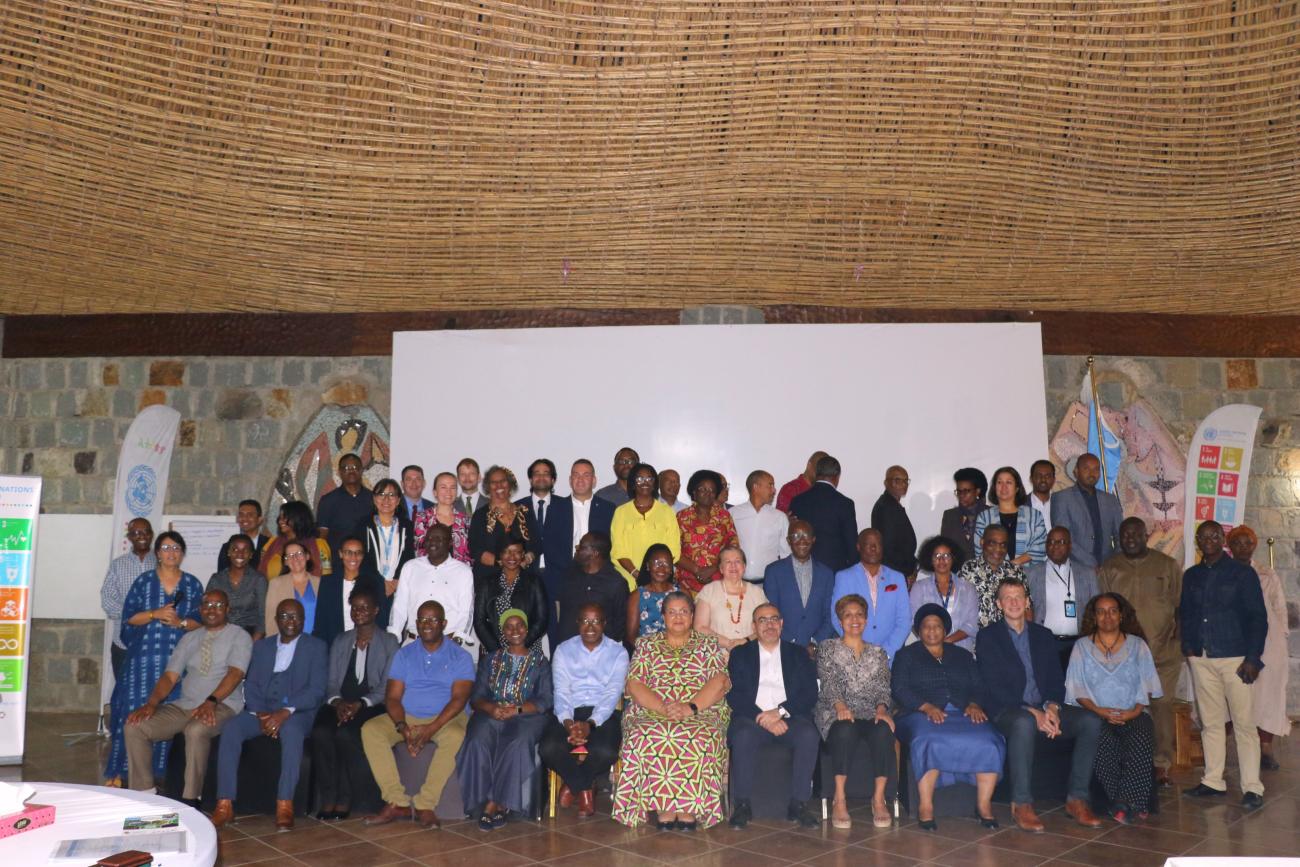The United Nations in Ethiopia held its annual strategic meeting with a focus to identify priorities for the UN collective response to help Ethiopia address its national priorities and gaps in its pathway towards meeting the Sustainable Development Goals (SDGs).
The priorities that have been identified in the discussion will contribute to develop the United Nations Sustainable Development Cooperation Framework (UNSDCF), which is the most important instrument for planning and implementation of the UN development activities at country level.
In his remarks to the meeting, UN Resident and Humanitarian Coordinator, Dr. Ramiz Alakbarov, underlined that an integrated and coordinated approach is essential for achieving the SDGs in Ethiopia and should guide the development and implementation of the next UNSDCF 2025-2030.
“Measuring our impact, providing evidence of our relevance, and delivering results are at the heart of our mission in Ethiopia,” he said.
The Cooperation Framework—an agreement between the UN and the host government—determines and reflects the UN development system’s contributions in the country.
The UN Country Team discussion on priorities was built on the context of the country and six transitions that can have catalytic and multiplier effects across the SDGs and an outsized determinant impact for achieving the Goals.
The six transitions are: (1) food systems; (2) energy access and affordability; (3) digital connectivity; (4) education; (5) jobs and social protection; and (6) climate change, biodiversity loss and pollution.
After broad consultations with Ethiopian government stakeholders, civil society organizations and other partners, the priorities will lead to form the United Nations Sustainable Development Cooperation Framework (UNSDCF).
UN Ethiopia in collaboration with the Ministry of Finance will also organize consultations on national priorities and the UN’s collective support to the country with representatives of regional and federal governments, civil society organizations, the private sector, youth and women associations, media, person with disabilities as well as other actors and stakeholders in the country to develop the framework.



















